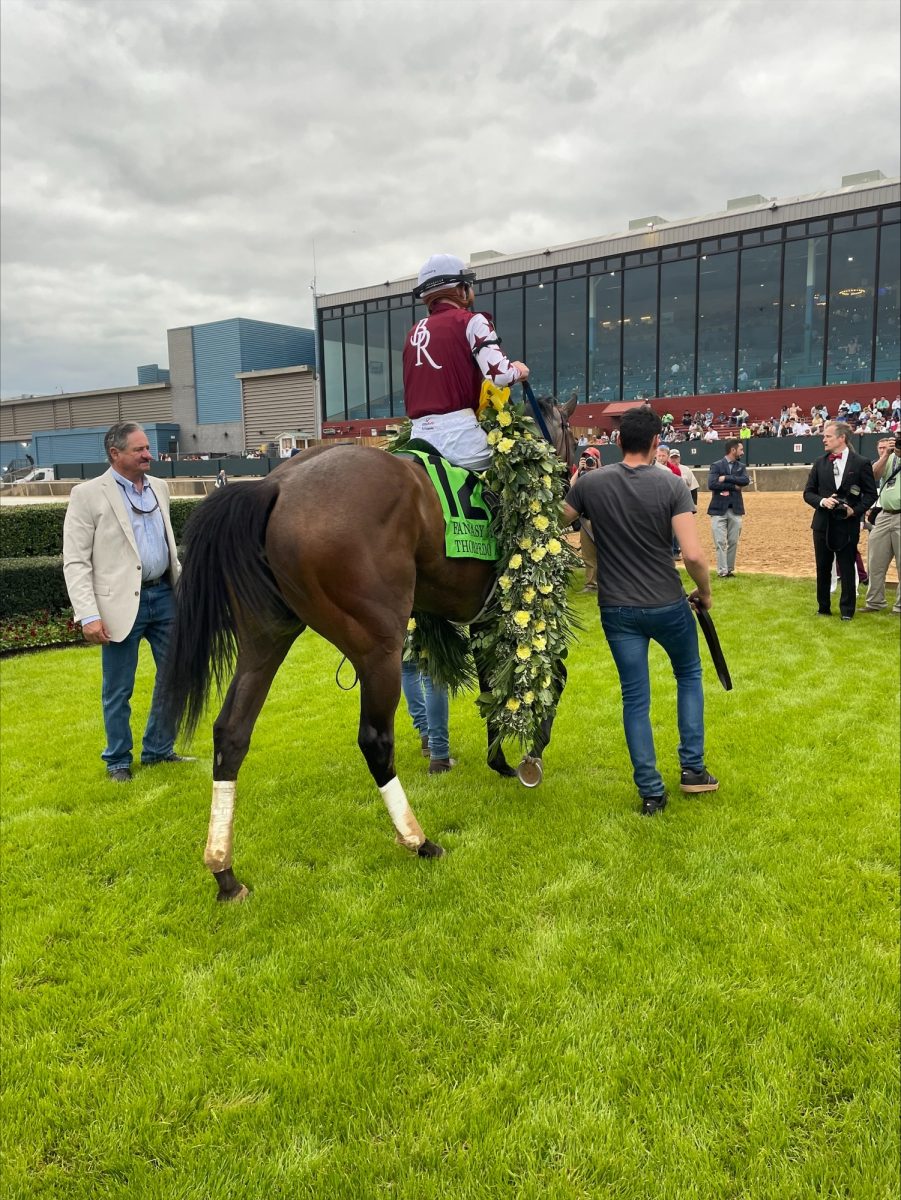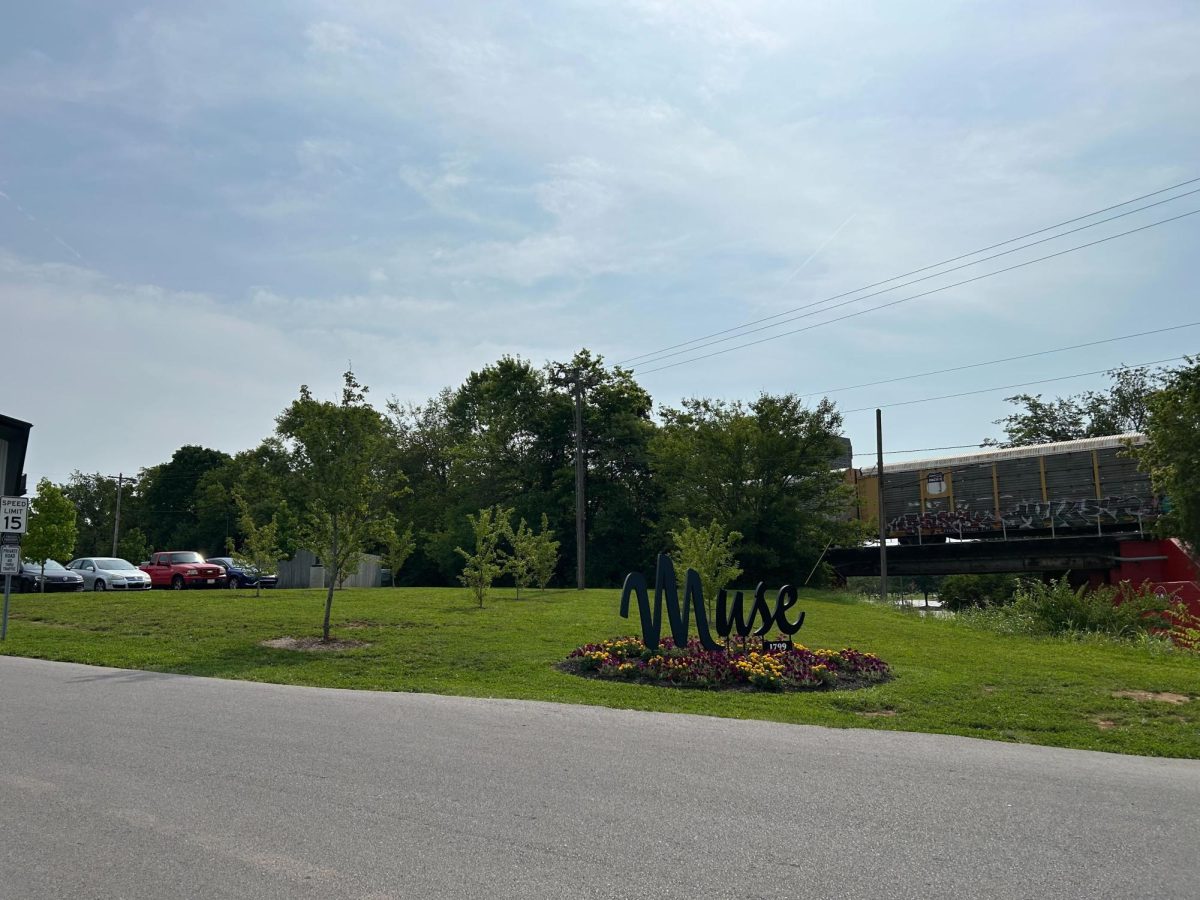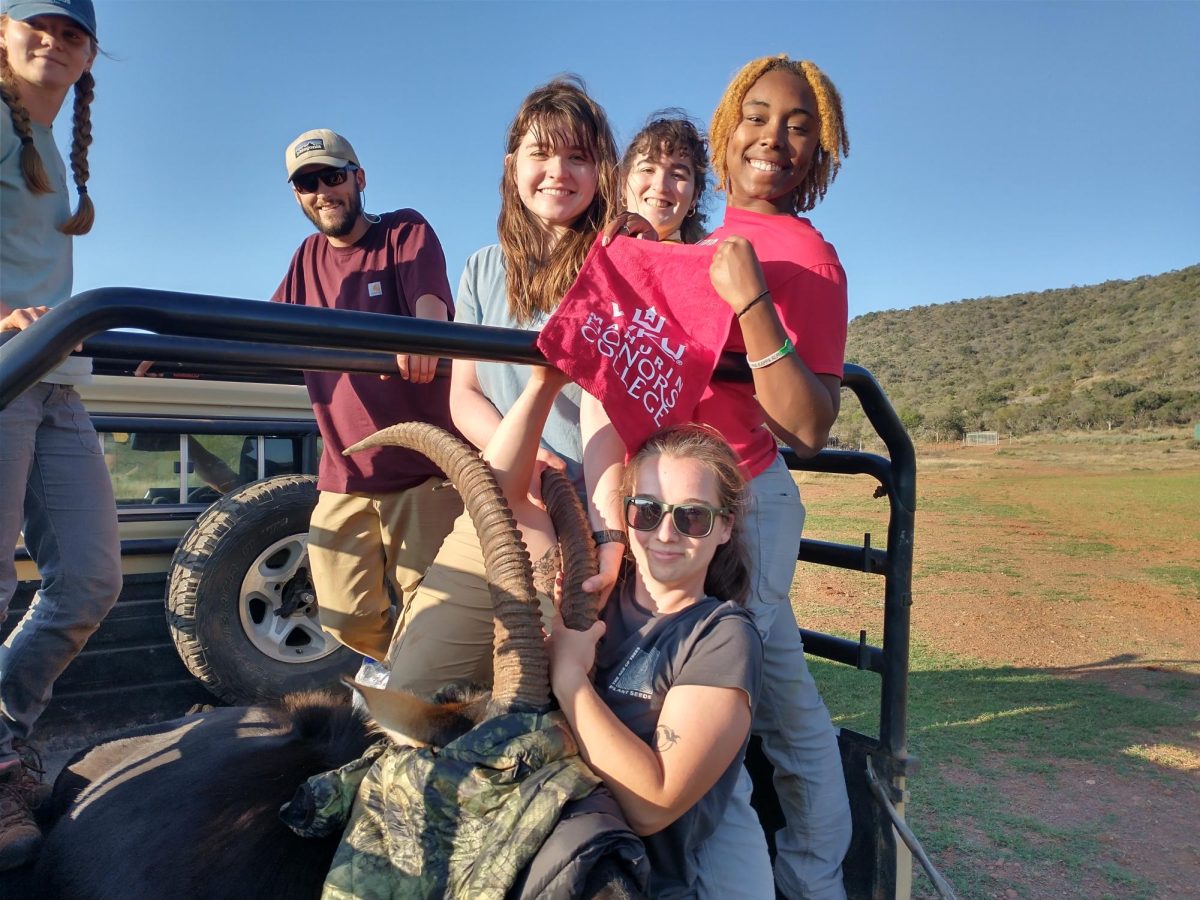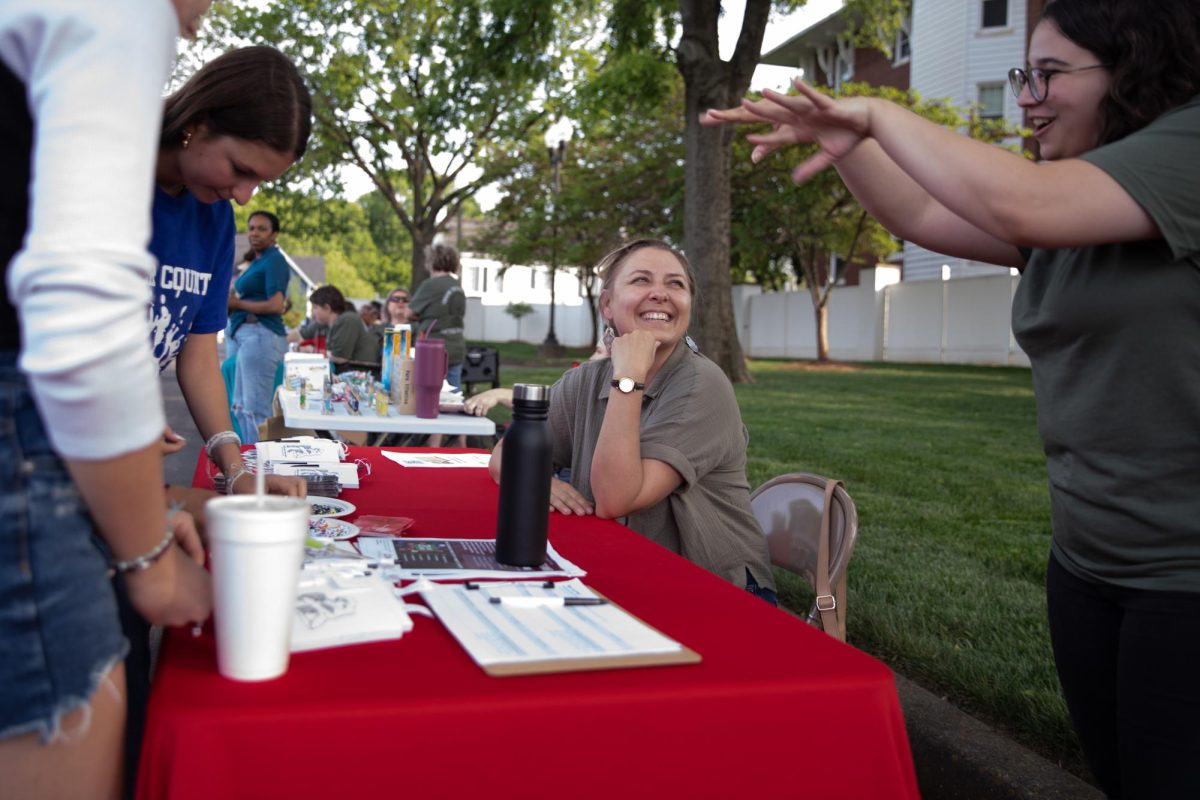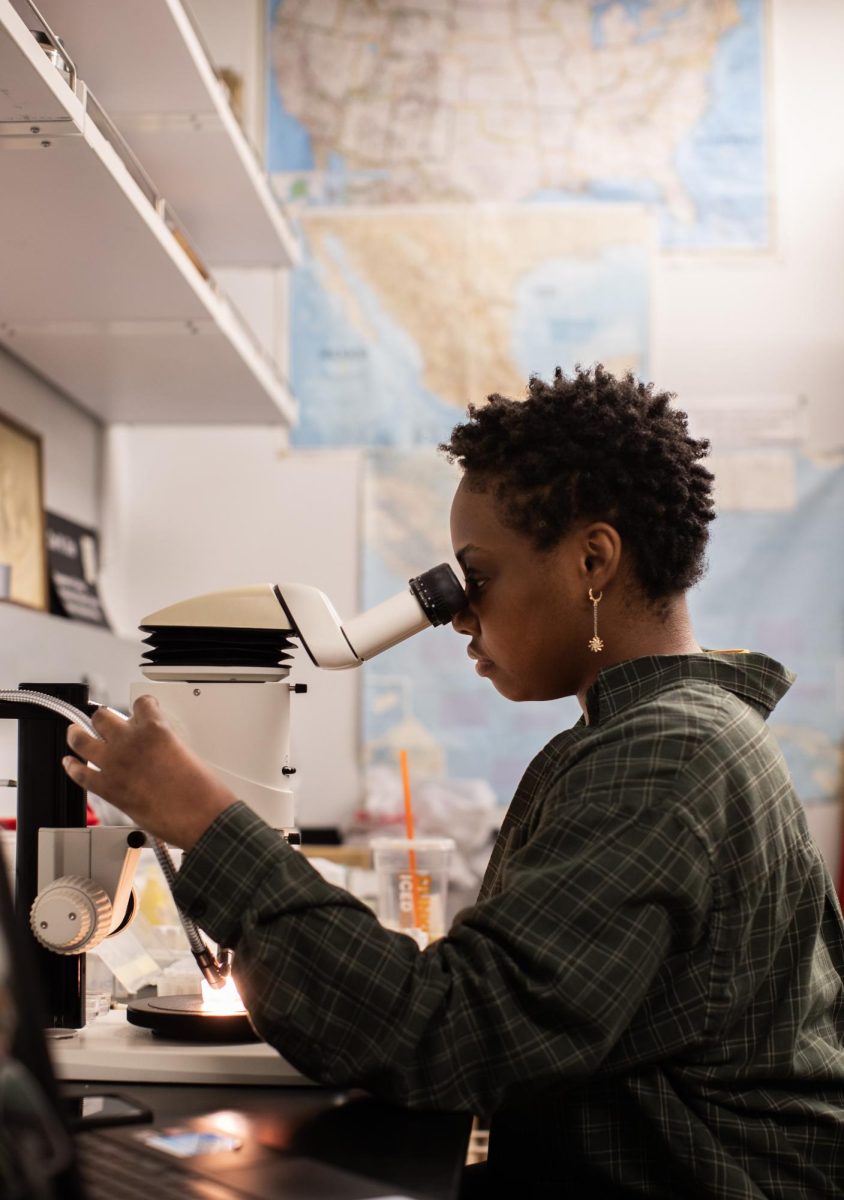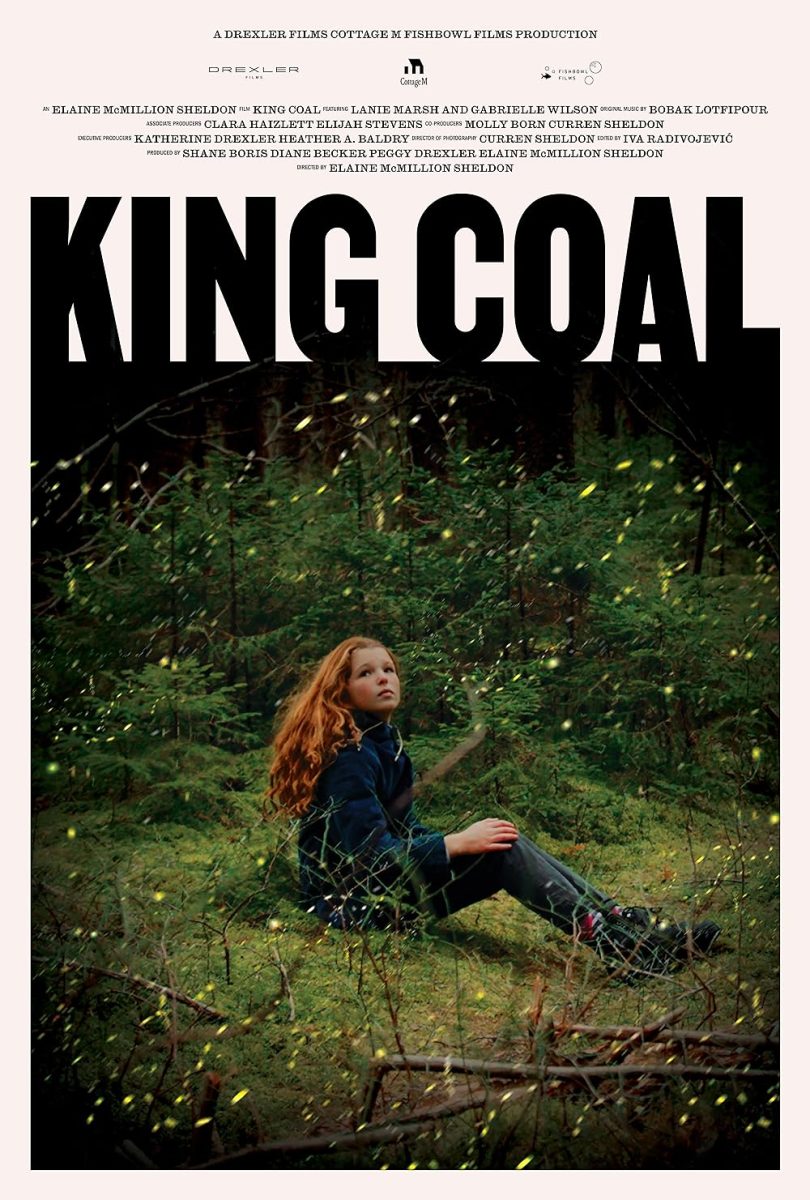WKU biology professor Michael Stokes began taking students to Africa in 2003, making this past summer the 20th anniversary of the study abroad trip.
While on sabbatical in 2002, Stokes decided it was time for him to get training regarding larger animals. He had studied biology for years, but mostly focused on smaller animals.
“I went over to South Africa where wildlife are privately owned and all the management activities are basically hired out to professional wildlife management companies,” Stokes said. “I went over, got training, and when I did that, I talked with the people I was working with and it seemed like it would be a great opportunity – with some additional academic content and some tweaking – for our students.”
A year later, along with another professor from Truman State, Stokes took a group of ten students to South Africa to study similar content. After that, he continued to host the trip.
Upon arrival to South Africa, students and faculty will spend the first night on the outskirts of the city they fly into. The following day, they will travel to the countryside, where they spend the next two weeks in a hunting lodge. However, Stokes prefers to camp outside as it puts students more in the bush.
While there, students will either participate or watch the captures and release of big game animals through the Parawild Educapture organization. Stokes used the example of capturing a giraffe to explain what a day typically looks like.
“The veterinarians that we work with go in and dart the animal; could be from a ground vehicle, often from a helicopter,” Stokes said. “The drug that they use to induce it will take about four minutes before the animal really shows signs of being impaired.”
The drug used does not harm the animal, and is easily reversible, Stokes said.
“During that whole time what we are doing is keeping track of that animal,” Stokes said. “If we’re in really dense bush and it’s a difficult habitat we may keep that helicopter there, it just goes way up in the air where it’s not bothering that giraffe and just hovers there … It could be we have a tracker with the ground team that follows the giraffe.”
Then, the roping team comes in. Stokes likes to get students involved in the roping process, but due to their inexperience with it, it is not common.
“When the giraffe starts to act like it’s about to go down, we get in with a roping team and get a rope around it [around its legs],” Stokes said. “That’s a really difficult thing to do because all the bushes have thorns and it’s rocky ground. Then, they use this big rope now that it is wrapped around the giraffe, wrapped around its legs, to slow it down and basically bring it down in a controlled fall.”
The teams want to transport the animal, not injure it, and they want the animals to land softly.
Human safety is still important, however, and does come above the animals if necessary. To ensure both the safety of people and the animal, a person will come up behind the giraffe to avoid being kicked and place a blindfold over its eyes.
“So, once it’s down, we’ll come in and start monitoring breathing rate to make sure that it’s at the level of sedation that we want and that the animal is not at risk,” Stokes said.
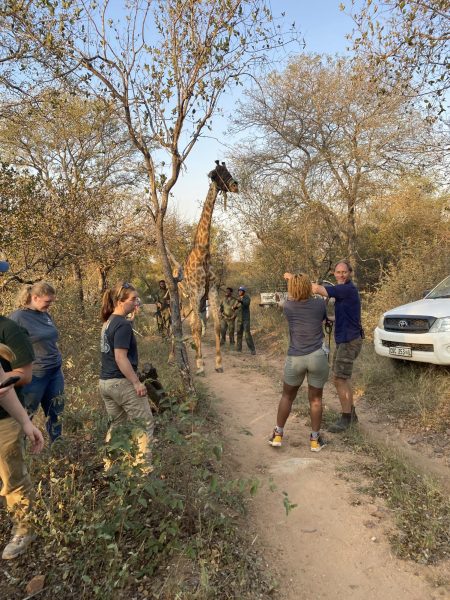
The veterinary side of the trip comes as students treat the animal for any wounds or abscesses. This creates a learning experience for students who wish to become veterinarians, especially for exotic animals.
Alexis Brock, a senior biology major, went on the trip this past summer and explained how it fueled her desire to become a veterinarian even more.
“I always knew I wanted to be a veterinarian, but this trip gave me more direction,” Brock said. “It showed me that I would love to work as a wildlife vet or with exotics in a zoo back here in the states.”
To maintain the animals safety, the team continues to monitor and observe the animals.
“We will maneuver a trailer into the location as close as we can get, we’ll get our machetes out, and we’ll open a path to walk the animal down to get it to the trailer,” Stokes said. “We’ll get ropes around the animal and at that point we will reverse the drugs part way so the animal is able to get back up but it is still under the influence of the tranquilizer.”
From here, the team will lead the giraffe towards the trailer, eventually loading it on. They will have people holding ropes on the left and right side of the giraffe to maneuver it in the right direction. Once the trailer is closed and the ropes are away, one final check is performed before the drugs are reversed entirely and it is released elsewhere.
These animals are generally relocated due to the wildlife in Africa being privately owned. If a rancher decides to sell an animal to another rancher, a relocation team has to come in and transport the animal.
Apart from the course material, Stokes takes students to do research. Recently, two students who stayed for additional time in Africa and collected data turned it into their Mahurin Honors College thesis projects.
Natalie Heath, a junior biology major, went on the trip this past summer. She remained in Africa for six weeks outside of the traditional two-week trip.
“I stayed on Olifants West Nature Reserve, a big five reserve [that] has lions, leopards, rhinos, buffalo and elephants, that is connected to the Greater Kruger Park,” Heath said.
Stokes and the students who stayed for research wanted to know the repercussions wildfires had on rodent populations. As Africa is prone to wildfires, many reserves will burn their land, creating less debris for wildfire fuel. Olifants West Nature Reserve was one of these reserves that had burned their land less than a year prior.
“I set out 120 live traps and checked them daily, taking weight, sex, and other measurements on animals we caught, marked them, and sent them back into the wild,” Heath said. “It was field research in an area with lots of wild animals, and we encountered many of them; on one occasion we got the day off from checking traps because several lions were taking naps on a few of them.”
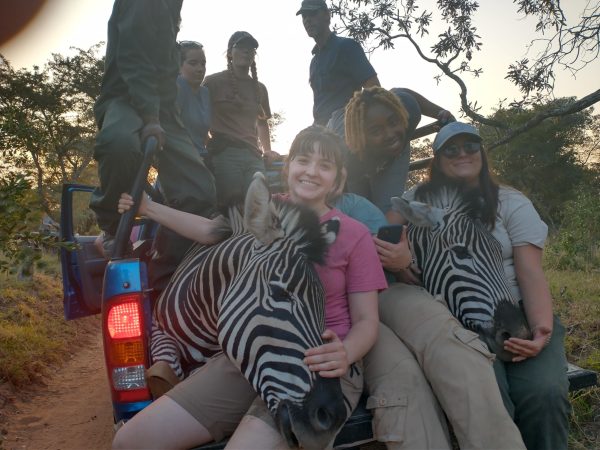
Heath recommends the trip, particularly for those wanting to be a field biologist. Brock also recommends it to those showing interest.
“I would absolutely recommend it,” Brock said. “If you have interests in travel and love working with animals this is the course for you. [It] will easily be some of the best 2 weeks of your life.”
Stokes expressed his wish for all students to take advantage of the many opportunities provided and participate in a study abroad trip, whether that be the Africa trip or a different program.
“It looks like [international education is] really coming back and I’m so happy about that,” Stokes said. “I would encourage our students to take advantage of all the opportunities and funding out there to study abroad. I challenge you to do it.”
News reporter Shayla Abney can be reached at [email protected].










